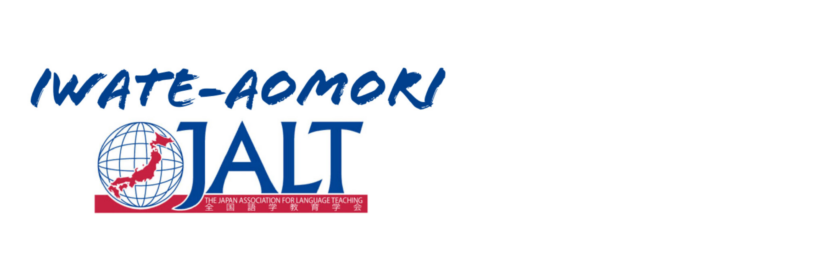Place: Aiina・Iwate Prefecture Information Exchange Center rm 817
Time: 1:30pm
Cost for JALT Members: Free
Cost for non-JALT Members: Free
The event is free for all to attend.
The location has been changed from Iwate University to AIINA Rm 817. Sorry for any inconvenience this may have caused.
AIINA can be found behind Morioka station.
Please bring a tablet or laptop if you wish to try out the websites that will be discussed during the presentation.
Abstract: This interactive workshop introduces digital tools designed to streamline collaboration, engagement, and learning in a variety of educational environments. These tool are either completely free or have a free option. Busy teacher know how important it is to have a few tricks up their sleeve. In this practical workshop participants will be guided through hands-on demonstrations of five key platforms: Padlet, LingoLive, Classroomscreen, Mentimeter, and Wordwall. Each tool offers unique features, there is something here for everyone. Padlet facilitates collaborative information sharing and organization; LingoLive specializes in personalized language learning experiences; Classroomscreen offers a customizable virtual classroom management dashboard; Mentimeter enables engaging, interactive presentations through real-time polling; and Wordwall helps create interactive and fun educational activities. The workshop will provide practical applications, tips for effective usage, and strategies for integrating these tools into daily routines to maximize productivity and engagement.
Bio:Kathryn Akasaka has lived and worked in Iwate for more than 30 years. She graduated from Earlham College majoring in Education. Having taught all ages and levels she currently divides her time between a private combined Junior High and Senior High School and four universities a part-time teacher,
